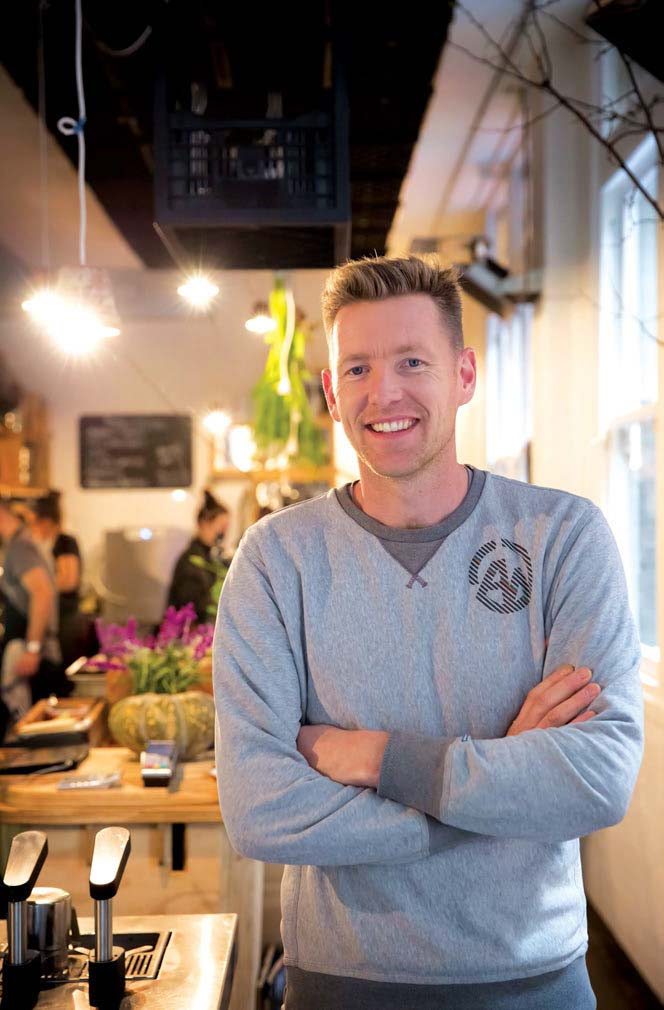Australia is an enormously wasteful society: on average, every Australian throws away the equivalent of five bags of groceries each year. That’s $8 billion worth of food, rotting in landfill. Almost half of what goes to Australian landfill is food and green waste. We have a widespread problem of nutrient depleted soils on our farming land, yet huge amounts of useful organic matter are thrown into landfill, contributing to greenhouse gases and climate change.
In permaculture we pay a lot of attention to waste, or rather to the avoidance of waste. You’re probably familiar with the Rs of waste minimisation: reduce, reuse, recycle, and the more recent inclusions refuse and repair.
When we refuse to participate in wasteful practices we make a difference on an individual level. But it’s not always easy, particularly when you run a business like a café, when servicing hungry customers means going through thousands of kilograms of fresh food, milk, bread and wine every year. It’s impossible to avoid large amounts of waste in the form of discarded food, cardboard and packaging when you operate a hospitality business. Or is it?
Entrepreneur Joost Bakker has always challenged conventional thinking, from his early days as a floral artist, weaving rusted found objects into his designs, to his most recent venture, a zero waste café called Silo in Melbourne’s Hardware Lane.

